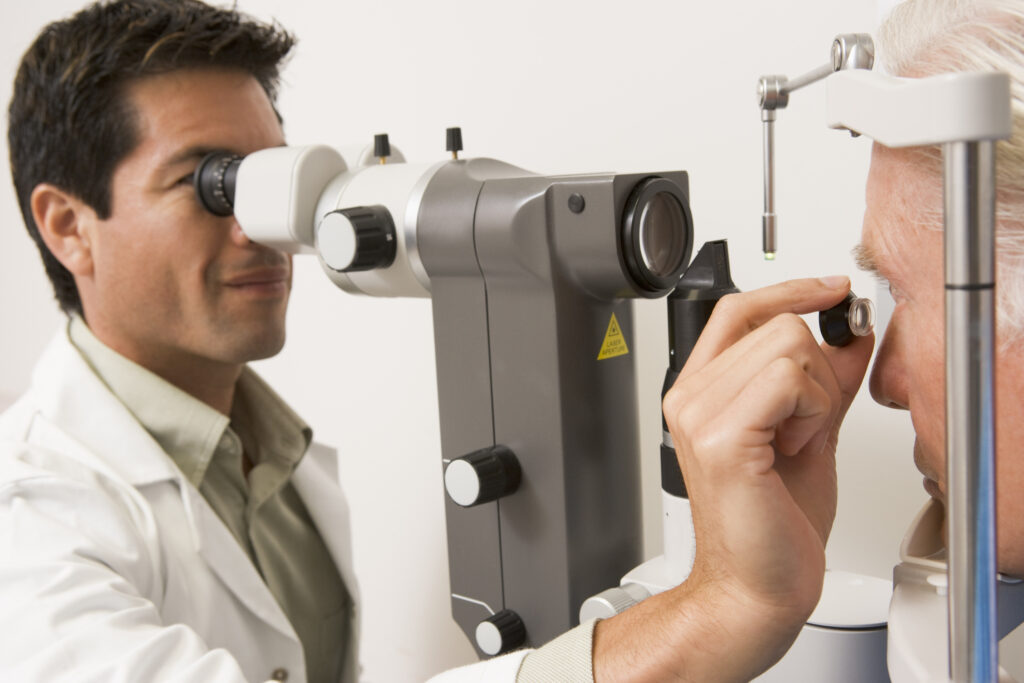
Eye Exam Stamford discover the importance of regular Eye Exams, common eye conditions detected, and advanced technologies used by specialists. Prepare for your eye exam and reap the benefits.When it comes to maintaining our overall health, the importance of regular eye exams often tends to take a backseat. However, our eyes play a crucial role in our daily lives, making it essential to prioritize their health and well-being. In this blog post titled “Eye Exam Stamford” we will explore the significance of scheduling regular eye exams, the common eye conditions that can be detected early through these exams, the advanced technologies used by specialists, how to prepare for your Eye Exam Stamford, and the numerous benefits of visiting a specialist for your eye care needs. By shedding light on these aspects, we hope to emphasize the importance of prioritizing eye health and encourage readers to schedule their next Eye Exam Stamford promptly.
Importance of Regular Eye Exams
Regular Eye Exam Stamford are essential for maintaining good eye health and preventing potential vision problems. By scheduling regular appointments with an eye care specialist, you can ensure that your eyes are in optimal condition and catch any issues early on before they worsen.
During a comprehensive Eye Exam Stamford, the specialist will not only check your visual acuity but also evaluate the overall health of your eyes. This includes looking for signs of eye diseases such as glaucoma, cataracts, and macular degeneration, which can often develop without any noticeable symptoms.
Early detection of these conditions is crucial for successful treatment and preserving your vision. In addition, regular Eye eExams can also detect other underlying health issues such as diabetes and high blood pressure, which may first show symptoms in the eyes.
Common Eye Conditions Detected
One of the most common eye conditions detected during a comprehensive eye exam is refractive errors. This includes nearsightedness, farsightedness, and astigmatism, which can all be corrected with prescription glasses or contact lenses.
Another common eye condition that may be detected is glaucoma. Glaucoma is a group of eye diseases that can damage the optic nerve and lead to vision loss if left untreated. Early detection and treatment are crucial in managing glaucoma and preventing further vision loss.
Cataracts are also a common eye condition that can be detected during an eye exam. Cataracts cause clouding of the lens in the eye, leading to blurry vision and difficulty seeing clearly. Surgery is often required to remove cataracts and restore vision.
Advanced Technologies Used
In the field of optometry, advanced technologies play a crucial role in diagnosing and treating various eye conditions. One such technology is Optical Coherence Tomography (OCT), which allows ophthalmologists to capture detailed cross-sectional images of the retina. This helps in early detection of eye diseases such as macular degeneration and glaucoma.
Another cutting-edge technology is Wavefront Analysis, which provides a personalized map of a patient’s visual system. This helps in designing precise treatments for conditions like astigmatism and higher order aberrations.
Additionally, Corneal Topography is used to create a three-dimensional map of the cornea’s surface. This technology is particularly useful in planning refractive surgeries like LASIK, ensuring optimal results for patients.
Preparing for Your Eye Exam
Preparing for your Eye Exam Stamford is essential in ensuring that you have a successful and productive visit to your eye care specialist. One important aspect of preparation is making a list of any symptoms or changes in your vision that you have noticed. This will help your eye doctor understand your concerns and provide appropriate treatment.
Another important step in preparing for your eye exam is to gather your insurance information and any previous medical records related to your eye health. This will help streamline the check-in process and ensure that your eye doctor has all the necessary information to provide you with the best care possible.
Additionally, it may be helpful to bring a list of questions or concerns that you have for your eye doctor. This can help guide the conversation during your exam and ensure that all of your questions are answered. By taking these steps to prepare for your eye exam, you can help ensure that you receive the best care possible and make the most of your visit to the eye doctor.
Benefits of Visiting a Specialist
Visiting a specialist for your Eye Exam Stamford can provide numerous benefits that you might not receive from a general practitioner. Specialists have advanced training and expertise in eye health and can offer a more comprehensive exam to ensure your eyes are in optimal condition.
Additionally, seeing a specialist can help detect any potential eye conditions early on, allowing for prompt treatment and management. Common eye conditions such as glaucoma, cataracts, and macular degeneration can be effectively monitored and addressed by a specialist, helping to preserve your vision for the long term.
Furthermore, specialists often have access to advanced technologies and innovative treatments that can enhance the accuracy of your Eye Exam Stamford and improve the overall quality of care you receive. By visiting a specialist, you can take advantage of cutting-edge diagnostic tools and therapies that may not be available elsewhere.